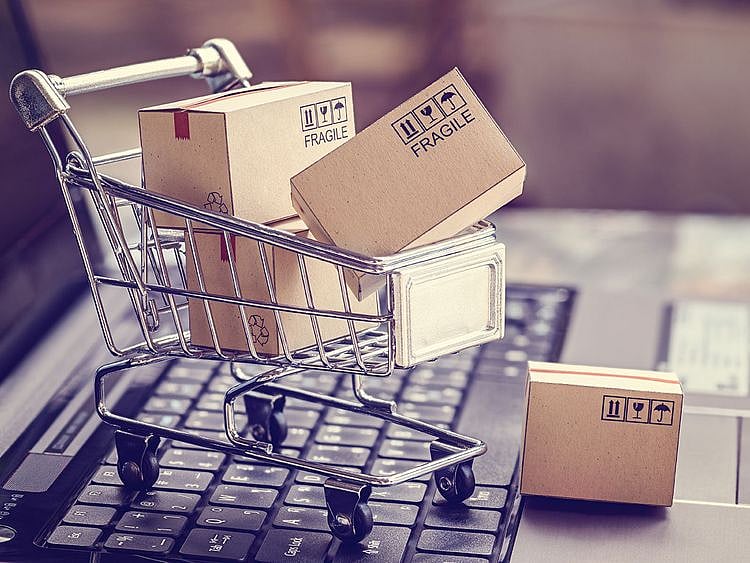New UAE VAT rule: Ecommerce businesses with Dh100m in sales to specify emirate where order is delivered
Starting July, emirate where order is delivered needs to be entered in their VAT returns

Dubai: From July 1, ecommerce businesses in the UAE will need to make one key change in the way they book sales. This applies to these businesses’ compliance requirements under VAT.
The Federal Tax Authority has stated that ecommerce-generated sales need to enter in the VAT returns the emirate in which the order was placed and the goods delivered. In other words, specify clearly whether the delivery happened in Dubai, Abu Dhabi or any of the other emirates.
But with one important caveat - this applies only to ecommerce businesses that generate Dh100 million and more in a calendar year.
“Typically, such sales reporting was done in the emirate where the ecommerce business establishment is located,” said Pankaj S. Jain, Managing Director at AskPankaj Tax Advisors.
“Starting July, ecommerce suppliers are required to report on orders in the emirate in which the supplies of the goods or services are received by the customer. It is a typical ‘location of supplier’ vs ‘location of customer’ principle.”
The FTA has been holding seminars informing ecommerce businesses about the change and what they should be doing to onboard it. According to a top FTA official, the process remains quite straight-forward.
“Clear mechanisms have been outlined for the supply of goods and services via electronic means,” said Khalid Ali Al Bustani, Director-General of FTA. This contributes to ‘both supporting the activities of this vital sector and ensure accurate tax compliance and reporting for e-commerce supplies.
“The UAE is one of the fastest growing ecommerce markets in the region with an advanced digital infrastructure and environment, coupled with growth-friendly legislation.”
Ticking the right ‘box’
The emirate where the supplies are delivered must be declared in Box 1 of the VAT Return and can be done on the EmaraTax digital services platform.
Ecommerce suppliers are also required to maintain relevant supporting evidence regarding the location of the customer for each supplies.
Special rules
Rules have been introduced to determine the emirate against which relevant ecommerce supplies are to be recorded and reported for VAT purposes. From July 1, this applies to taxable persons supplying goods and services through ecommerce and exceeding a threshold of Dh100 million in a calendar year for such relevant supplies.
What ecommerce businesses need to keep in mind
“Those ecommerce operators maintaining inventory in the UAE for future supplies could also be considered as conducting business in the UAE,” said Jain. “The other typical issue is about the valuation of supply.
“Depending on the nature of the discount schemes (offered by the online seller), the VAT implication could drastically change.
“If the discount is not funded by the supplier, the supplier would need to pay VAT on the amount received from the customers as well as the subsidy or price support received from say, the manufacturer or brand owner.
“For UAE ecommerce operators supplying to overseas markets, the export documentation and compliance proof need special attention.”
Applies to non-resident ecommerce suppliers too
Overseas based ecommerce suppliers making deliveries into the UAE need to be VAT-compliant. "Even Dh1 of income earned by a non-resident supplier from such supplies will trigger VAT registration compliance," said Jain. "Accordingly, the ecommerce operator should verify the 'place of supply' and the VAT status of the UAE customers. To illustrate, most of the software and IT companies located in Ireland are registered under the UAE VAT."
Sign up for the Daily Briefing
Get the latest news and updates straight to your inbox
Network Links
GN StoreDownload our app
© Al Nisr Publishing LLC 2025. All rights reserved.